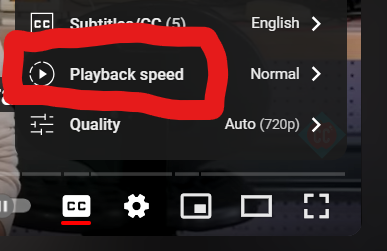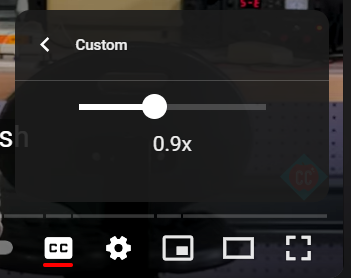Topic 11a
What is AI?
Learning Outcomes
By the end of this topic students should be able to:
- Define and provide examples for foundational vocabulary terms including:
- Agent
- Sensor (Not bolded, but on page 562)
- Actuator (Not bolded, but on page 562)
- Procedural knowledge
- Declarative knowledge
- Strong AI
- Weak AI
- Identify examples of [procedural | declarative] knowledge.
- Explain the Turing Test.
Learning Materials
- Readings
- Intelligence and Machines - pp 562-567
- Strong AI versus Weak AI - pp 569
- Videos
- This is a professionally made video that does a really good job of not only introducing the material from today, but tying it back to Chapter 9. It also introduces some topics (like Artificial Neural Networks) that will be covered in much more detail later.
- Crash Course Computer Science #34: Machine Learning & Artificial Intelligence
- SUGGESTION: We think the narrator talks too fast. We found it better to switch the play speed back to 0.9 to help us follow it better.
- Optional Additional Video
- The following video covers much of the same material covered in Crash Course CS #34 but does it is in a different way and at a slightly less detailed level.
- You may find this helpful if you want to watch a little more and/or it may be an appropriate video to use with upper elementary and/or middle school students.
- Crash Course AI #1 - What is Artificial Intelligence?
Checking for Understanding
Answer the following questions from your textbook. The answers to all Q&E questions are in the back of your book in Appendix F.
- p567, #1
- p567, #2
- p567, #3
- p567, #4
- p567, #5
Answers & Guidance
The answers to the CFU questions above are provided in the back of the book. We do not feel that additional video explanations are helpful for these questions. However, if you are still confused or have additional questions, please feel free to reach out to us.
Further Information
- Some people may find it interesting to read the original paper where Turing first explained "The Imitation Game" which has become known as "The Turing Test"
- We do not consider the material on Vision/Image processing and Natural Language Processing to be part of the learning objectives of this course. Depending on your circumstances and interest you may want to read that material for your own knowledge
- Perception of Images and Language - pp 567-573
- Crash Course Computing #35 - Computer Vision
- Crash Course Computing #36 - Natural Language Processing
- Crash Course AI #7 - Natural Language Processing



